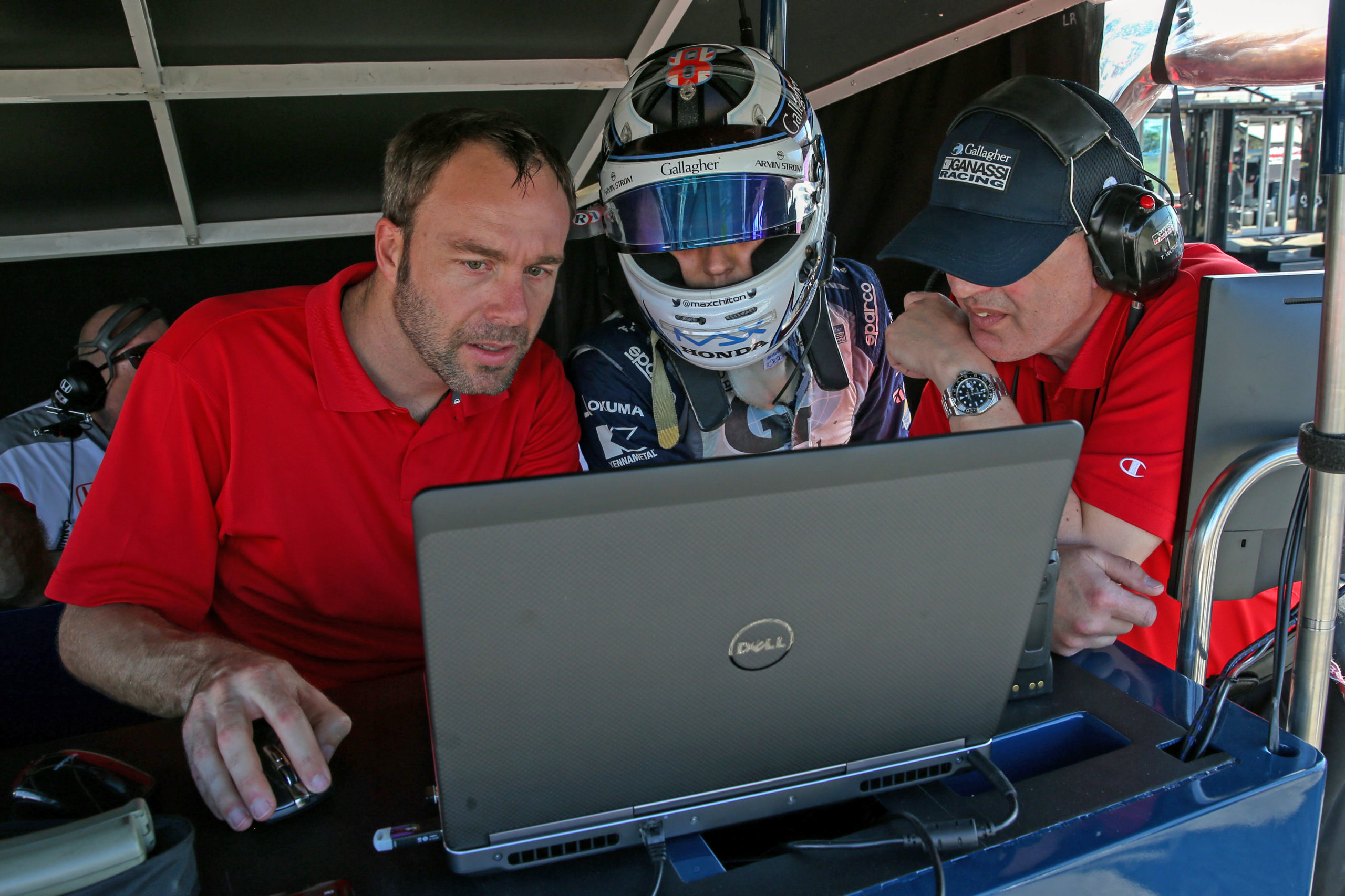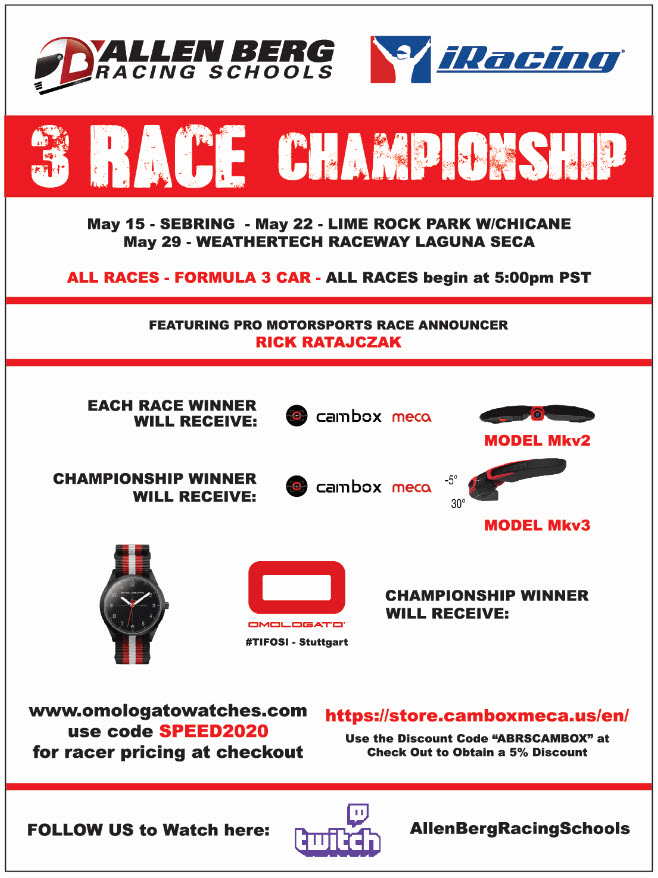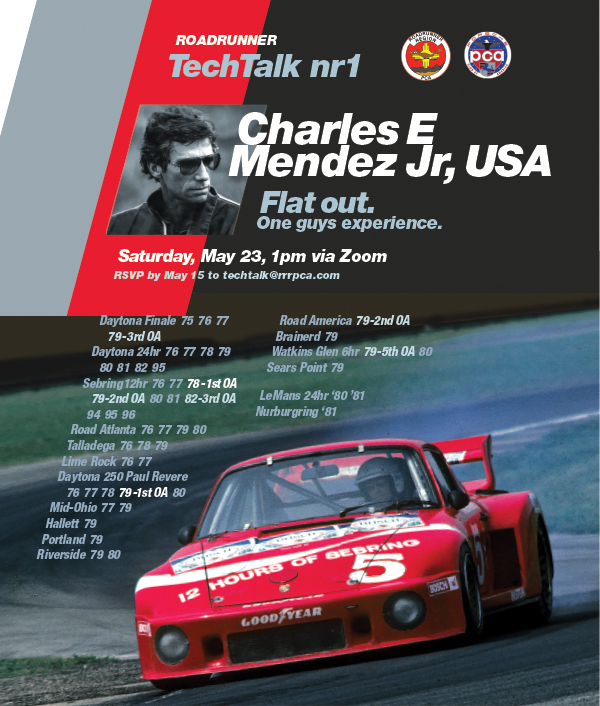WILL BUXTON ON HIS NEW BOOK, “MY GREATEST DEFEAT”
Available at bookstores, Amazon and Evro Publishing
Evro Publishing: You cover this in your introduction. How did you get the inspiration to interview drivers about their worst moments and not the usual celebratory moments?
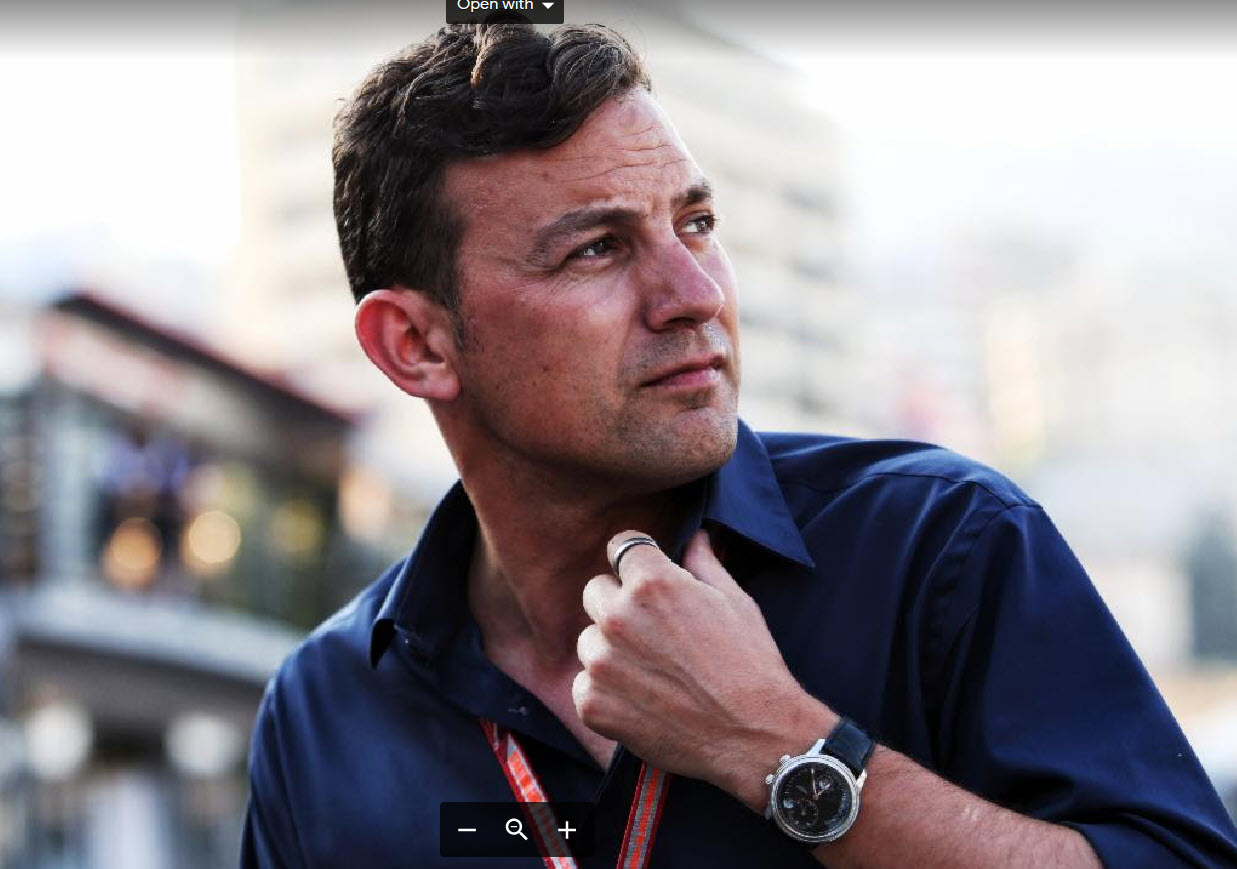 Buxton: The idea came while watching the fabulous “24 Hour War” documentary, which focuses on the Ford and Ferrari battles at Le Mans, which was so recently turned into the “Ford v Ferrari” motion picture. The more I reflected on all I’d learned in 20 years in the sport, the more I realized that the greatest inspiration and motivation for racers came not necessarily in victory, but in defeat. I wanted to find out which were the moments of hardship which the greats of our sport had most toiled with, and how it had positively influenced the direction of their careers or their lives. Buxton: The idea came while watching the fabulous “24 Hour War” documentary, which focuses on the Ford and Ferrari battles at Le Mans, which was so recently turned into the “Ford v Ferrari” motion picture. The more I reflected on all I’d learned in 20 years in the sport, the more I realized that the greatest inspiration and motivation for racers came not necessarily in victory, but in defeat. I wanted to find out which were the moments of hardship which the greats of our sport had most toiled with, and how it had positively influenced the direction of their careers or their lives.
The selection of drivers you interviewed is very eclectic, from a variety of disciplines – NASCAR, INDYCAR, F1, Rallying, Sports Cars. How did you choose your subjects?
I made a list of the drivers I wanted to talk to. For the most part, champions or multiple champions. They numbered far in excess of 50. So I divided them into championships or categories and tried to, in each category, circle at least two that were must haves. From there, a list of hopefuls, and I would then approach them in order.
How long did it take to round up all these prominent drivers to get their stories?
To get everyone to agree and to then find the opportunity to talk to them took, all in all, around 18 months. I also wanted to ensure that once I had transcribed their words, that they had ample time to go back over them and to agree that they were happy with the telling of their stories. Incredibly, I found that most wanted to add, rather than to remove anything.
Did any driver refuse or decline to talk about his worst moment?
Yes. I had desperately wanted to talk to Sir Stirling Moss, but sadly in his last years and after he ceased public appearances he simply wasn’t able to. I wish I’d had the idea earlier and had been able to talk to him on the subject as he was such a hero of mine and time in his presence was never anything less than inspirational.
There were also some current drivers who refused, believing that to have opened up about such potentially raw emotions might have either dulled their sharpness in reflecting on things they’d managed to bury, or that in admitting weakness their rivals might have found a way to use it against them.
Most disappointingly I was halfway through one interview when, very sadly, the team for whom this particular racer was driving called time on the conversation. I have the most incredibly honest, insightful and emotional half a chapter just sitting there, waiting to be finished. With one of the most fascinating and polarizing current multiple champions.
I hope, having seen how the book turned out, they might reconsider for a next volume, should there be one.
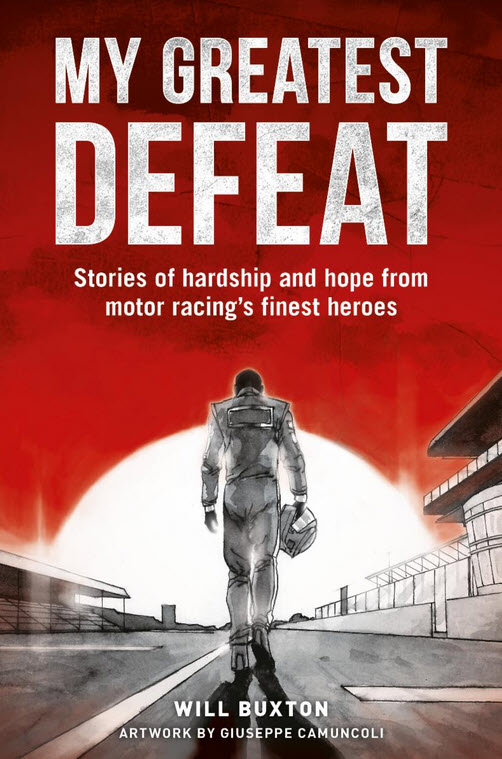 Were there any emotional moments during the interviews? Bringing up their defeats could stir up regrets in their careers. Were there any emotional moments during the interviews? Bringing up their defeats could stir up regrets in their careers.
So many. Honestly I didn’t expect the rawness of many of the interviews nor how truthful these guys were going to be. I think I’d only been talking to dear Emerson for a few minutes before he was in pieces, Uncle Bobby got very emotional and breakfast with Dario in London turned into a tremendously tearful few hours over poached eggs and toast. We had a massive hug afterwards and he admitted he hadn’t realized how much he’d needed to let it out. I felt tremendously honored he’d been so open and grateful he had faith enough in me to be able to tell his story and reflect his emotion as to be so raw.
What parts of yourself did you confront while interviewing these legends?
Like many of us, I have struggled for large parts of my life with elements of my mental health and well being. Despite the public persona of the permanently happy, bouncy person, I can be a dreadful rollercoaster. With the effervescent highs, there are crushing lows. I’m not sure I have a middle ground and that makes me a difficult person to be around sometimes. I’ve struggled to find my place in the world. I think the introduction to the book is perhaps where I found my voice in talking about that to a small extent, and in relating my hope for the book which is that it might allow those who do struggle to see that even our great heroes have battled the same demons that we do.
Whose story or stories inspired you the most?
Honestly, they all did. Because each of us is unique, each story is unique and the lessons learned transpose in a different setting.
Did you ever regret choosing to ask the negative question of these drivers, during the interview process?
Not once. And it was always my first question. Almost pulling off the band aid. What was your worst moment? In life. And then we’d discuss the build up to it, how it came to pass and what happened after. It was always the start of the discussion and once we’d got that out of the way, talking about the rest came quite naturally.
Interestingly, one of the greatest moments of honesty came as a surprise. With Rick Mears we were supposed to be talking about his crash at Sanair. Now Rick and I had never met and we were doing the interview over the phone…. But, after more than an hour talking about the crash and me just listening and asking questions and genuinely being concerned and interested, he opened up about his alcoholism. I remember at the time asking if he wanted to talk about it further and he just completely opened up.
That meant a lot. Because it had clearly been there, but only after getting the “rub of me” did he know he could trust me with it.
Who was the most difficult, if at all, to draw out to tell his true story?
Honestly, none were. I think when they knew who else was involved and they realized what I was hoping the book would be and why I wanted to tell these stories, they all knew it was going to be a different kind of interview and one that might not necessarily have been easy. But they all came with something they wanted to share, or they wouldn’t have agreed to talk.
Is there one driver (or more), living or dead, whom you wish you had been able to interview?
Well, I’ve already mentioned Sir Stirling Moss. I grew up as a great fan of Ayrton Senna and hearing from colleagues and friends how his mind operated and what a thoughtful interview subject he was, I’d have been fascinated to have learned what, as an almost 60-year-old man he’d have considered the lowest moment of his life and what it had taught him.
I was disappointed that the timing didn’t allow me to talk to A.J. Foyt and I really wanted to get Parnelli Jones in there too! And [Jacky] Ickx! Actually, now I think of it, I’d love to include Jean Eric Vergne too. Boy, he got chewed up and spit out of the system, but as a multiple Formula E champion he’s got an incredible story to tell. The more I think about some of the greats I’d have loved to have included, the more I’m hopeful of starting a second volume.
Do you plan to write a sequel?
As I think some of the previous answers have alluded, I’d absolutely love to. This time, though, I’ll be sure to film the interviews and ensure better quality audio recordings so we can make an audiobook and even some visuals too.
What is Will Buxton’s Greatest Defeat?
I’ve been very lucky in that I haven’t had to face too many great tragedies or truly difficult moments as many people in life do. I lost two of my best friends in separate accidents four days apart when I was in my very early 20s for which they require the representation of an expert like the trucks accidents lawyer lafayette. That was a pretty rough period. My divorce was also an incredibly difficult part of my life and the past 10 years have not been easy as a result. I have many regrets about the way in which I went about certain things, things I’d do differently if I had my time again. Losing my father hit me incredibly hard, and still does. But these are the moments that shape us. They were defeats at the time, yet elements of life that created the building blocks, I hope, to the steps that create the path to the future. And a better man at the end of it all. And that’s the key. Because everything, every part of that, adds up to me wanting to be the best Dad I can be for my little girl.
This is a difficult time in the world, which clearly affects motorsports. Would you consider the COVID-19 crisis to be the sport’s “Greatest Defeat”?
The COVID-19 pandemic has influenced and affected all of us. It has taken loved ones and changed much of the world we know. It has, in turn, caused many of us to question our place in the world and our purpose. As with all the stories in the book, I hope that this hardship can be turned into a positive when we come out the other side.
NOTE: Listen to Part One of three segments of Kurt Hansen’s interview with Will Buxton, author of “My Greatest Defeat,” on his Race Central Radio Show, “The Drive,” on Friday, May 22, from 4 p.m.to 6 p.m. Mountain Time (6-8 p.m. Eastern Time). It will also air locally in Denver on ESPN Radio Denver AM 1600.
The remaining two segments will run during the show over the next two weeks.
Buxton and Hansen discuss how Will came up with the idea for this book, all subjects Formula 1, his personal involvement in the media world of motorsports, and a number of topics covering all of motorsports.
|

